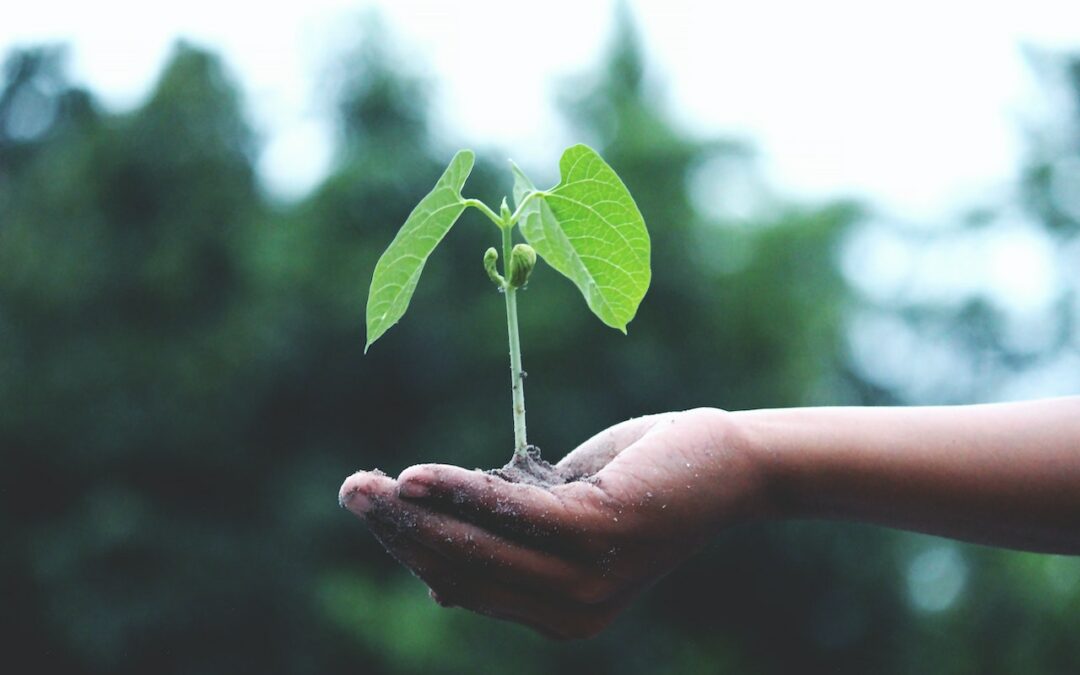
by Komoneed | Mar 19, 2025
This is a sponsored article featuring brands that have been independently assessed by our rigorous ratings system. We’re proud to only collaborate with “Good” and “Great” rated brands. Learn more. Take no notice of Google’s search suggestion “Are cardigans frumpy?” We’re here to confirm they’re not, with the help of 13 more sustainable brands. The […]
The post Better Brand Edit: 13 Great Cardigans From More Sustainable Brands appeared first on Good On You.

by Komoneed | Mar 19, 2025
Perovskite solar cells could last 10 times longer thanks to research by the University of Surrey. The research suggests that alumina (Al2O3) nanoparticles enhance the lifespan and stability of these high-efficiency energy devices.
While perovskite solar cells provide a cost-effective and lightweight alternative to traditional silicon-based technology, their commercial potential has been limited due to a flaw in their structure — primarily caused by iodine leakage. Over time, this escape of iodine can lead to material degradation, reducing performance and durability.
Working in collaboration with the National Physical Laboratory and the University of Sheffield, Surrey scientists have now discovered a way to trap iodine by embedding tiny particles of Al2O3 — aluminium oxide — within the cell, holding promise for longer-lasting and more affordable next-generation solar panels.
Dr Hashini Perera, a postgraduate research student and lead author on the study from the Advanced Technology Institute at the University of Surrey, said, “It’s incredibly exciting to see our approach make such an impact. A decade ago, the idea of perovskite solar cells lasting this long under real-world conditions seemed out of reach. With these improvements, we’re breaking new ground in stability and performance, bringing perovskite technology closer to becoming a mainstream energy solution.”
The study, published in EES Solar, tested the modified solar cells under extreme heat and humidity to replicate real-world conditions. Results showed that solar cells with embedded Al2O3 nanoparticles maintained high performance for more than two months (1530 hours) — a 10-fold improvement compared to 160 hours without the alumina-enhanced modifications.
Further analysis revealed that the Al2O3 nanoparticles contributed to a more uniform perovskite structure, reducing defects and improving electrical conductivity. They also resulted in the formation of a protective 2D perovskite layer, which acts as an additional barrier against moisture degradation.
Dr Imalka Jayawardena from the Advanced Technology Institute said, “By addressing these common challenges we see with perovskite solar technology, our research blows the doors wide open for cheaper, more efficient and more widely accessible solar power. What we’ve achieved here is a critical step toward developing high-performance solar cells that can withstand real-world conditions, bringing us closer to their commercial use at a global scale.”
Professor Ravi Silva, Director of the Advanced Technology Insitute and interim Director at the Surrey Institute for Sustainability, added, “With the deadline for net-zero targets fast approaching, expanding access to renewable energy solutions is more critical than ever if we’re to successfully reduce our reliance on fossil fuels. Breakthroughs like this will play a vital role in meeting global energy demands while supporting our transition to a sustainable future.
“Recent analysis by the Confederation of British Industry also highlights that training in the renewable energy sector not only improves career prospects but can lead to wages above the national average, reinforcing the economic and environmental benefits of investing in clean energy.”
Image caption: Dr Hashini Perera, postgraduate research student at the University of Surrey’s Advanced Technology Institute.

by Komoneed | Mar 19, 2025
Financial pressure, bedroom sharing and stress are key determinants of sleep quality.
The post The sleep gap: How social inequality affects good rest appeared first on Trellis.

by Komoneed | Mar 18, 2025
Whales are important for healthy oceans. They move tons of deep-water nutrients to the surface when they poop, and, according to new research, they also transport massive amounts of nutrients from Alaska to Hawaii in their urine. Fifteen years ago, scientists discovered that whale poop provided a crucial resource for the growth of plankton, contributing […]
The post Whales Support Ecosystems by Transporting Nutrients Thousands of Miles in Their Urine: Study appeared first on EcoWatch.

by Komoneed | Mar 18, 2025
IN A NUTSHELL 🚀 Boom Supersonic and NASA collaborated to capture the shock waves of the XB-1 using advanced Schlieren photography. 📷 The successful operation required precise timing and expert piloting, resulting in unique images of air density variations at supersonic speeds. 🔊 The test demonstrated that supersonic flight is possible without an audible sonic […]
The post “NASA Captures the Unthinkable” – XB-1’s Supersonic Wave Stuns the World with Groundbreaking Clarity appeared first on Sustainability Times.





